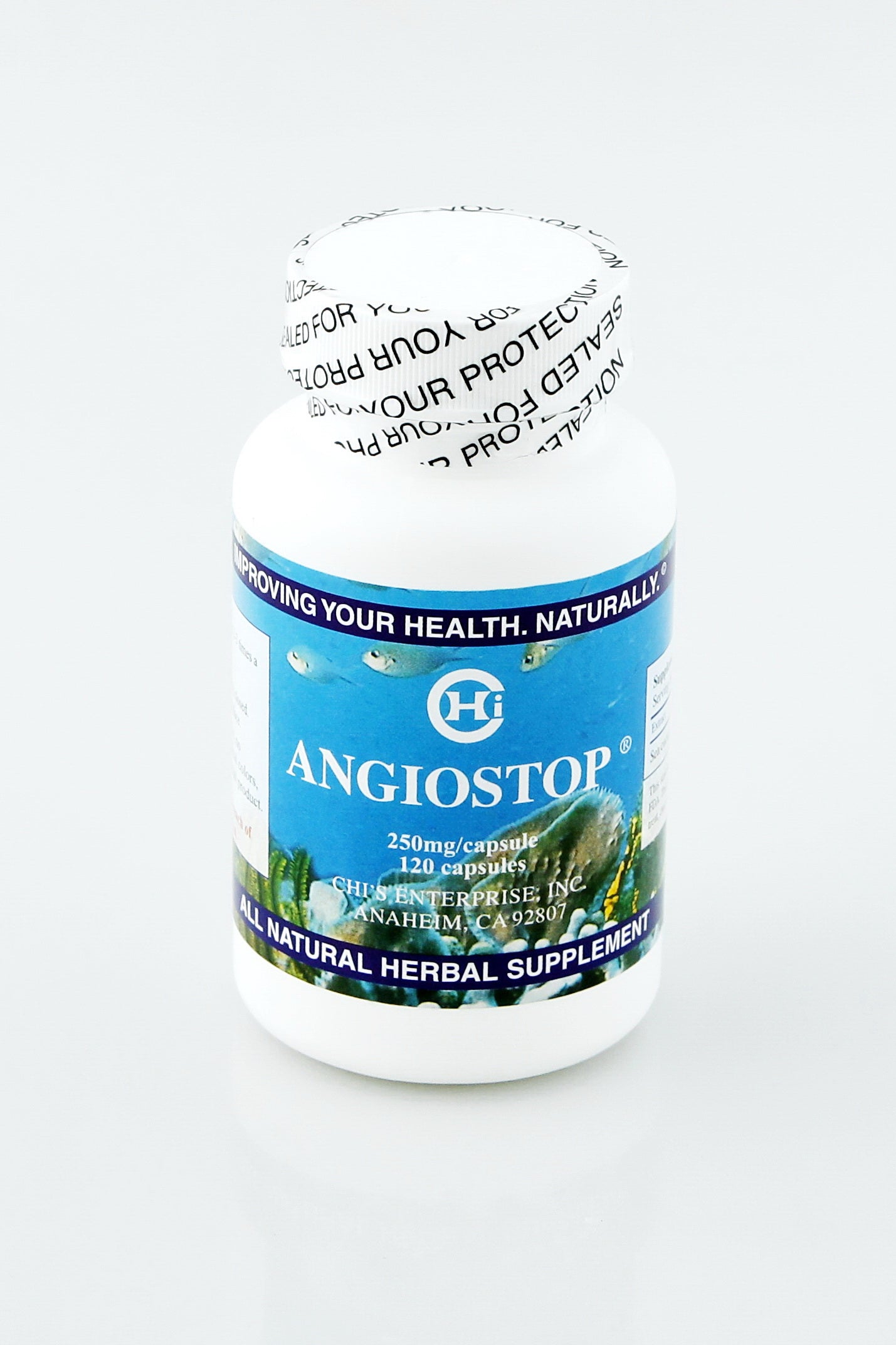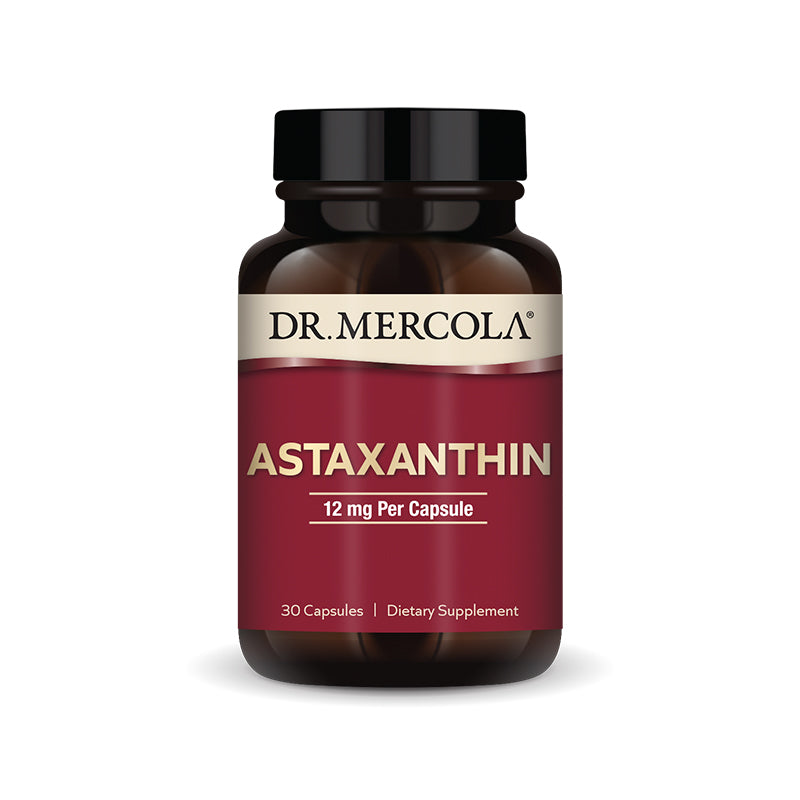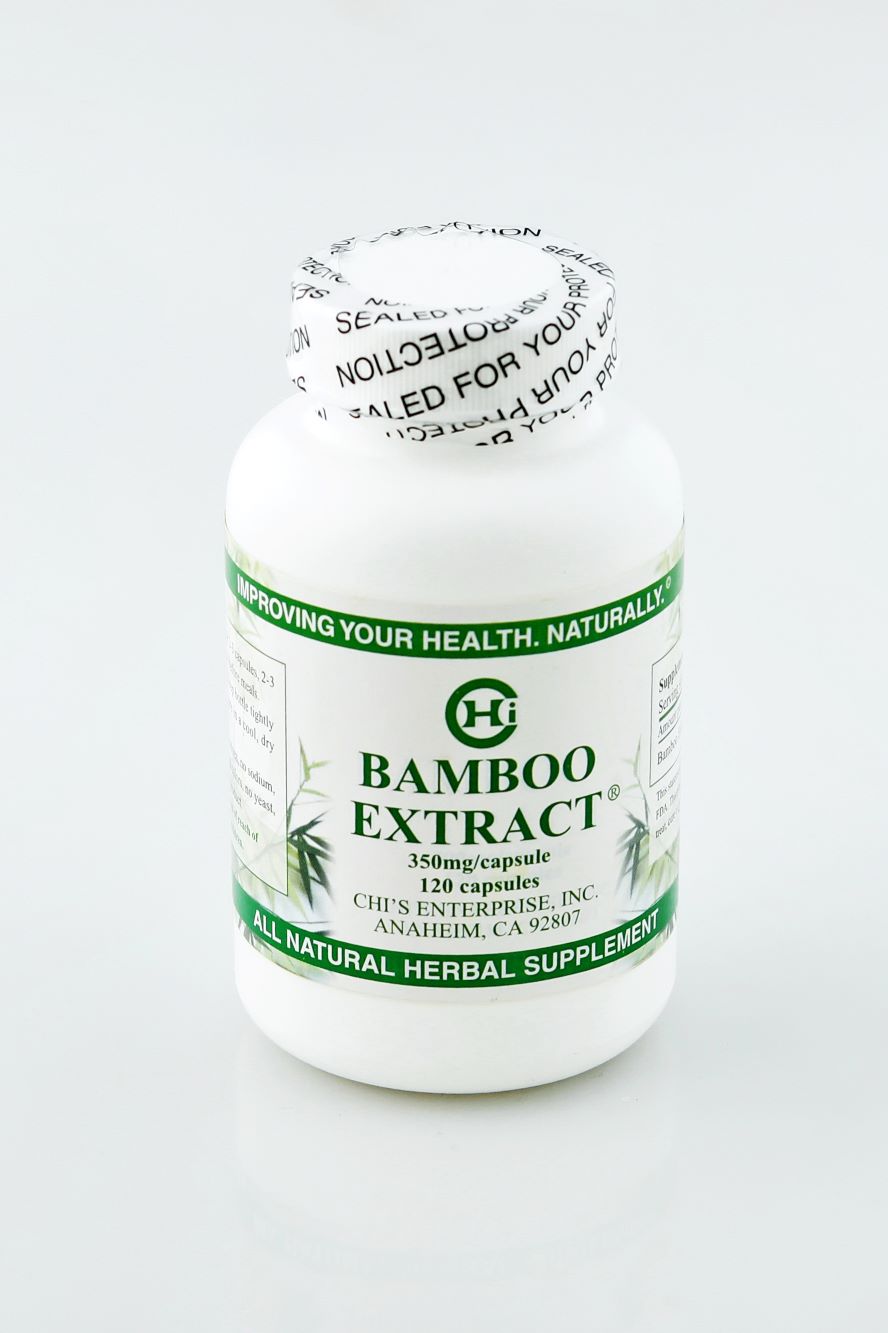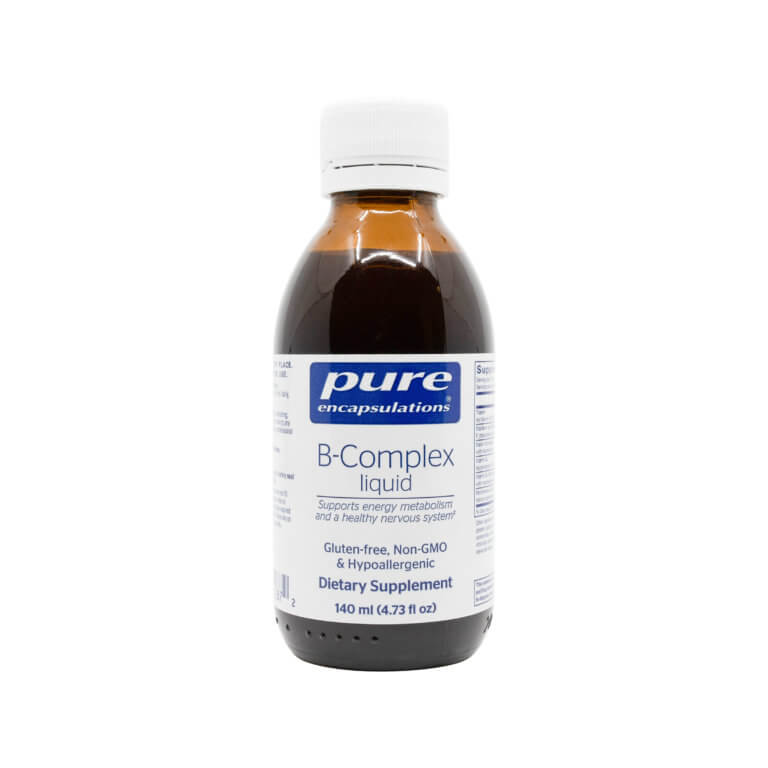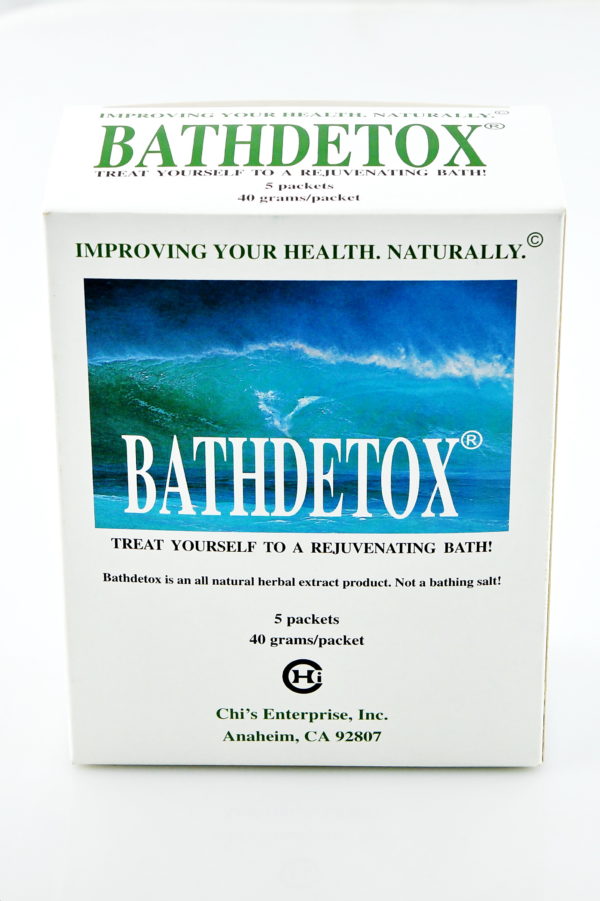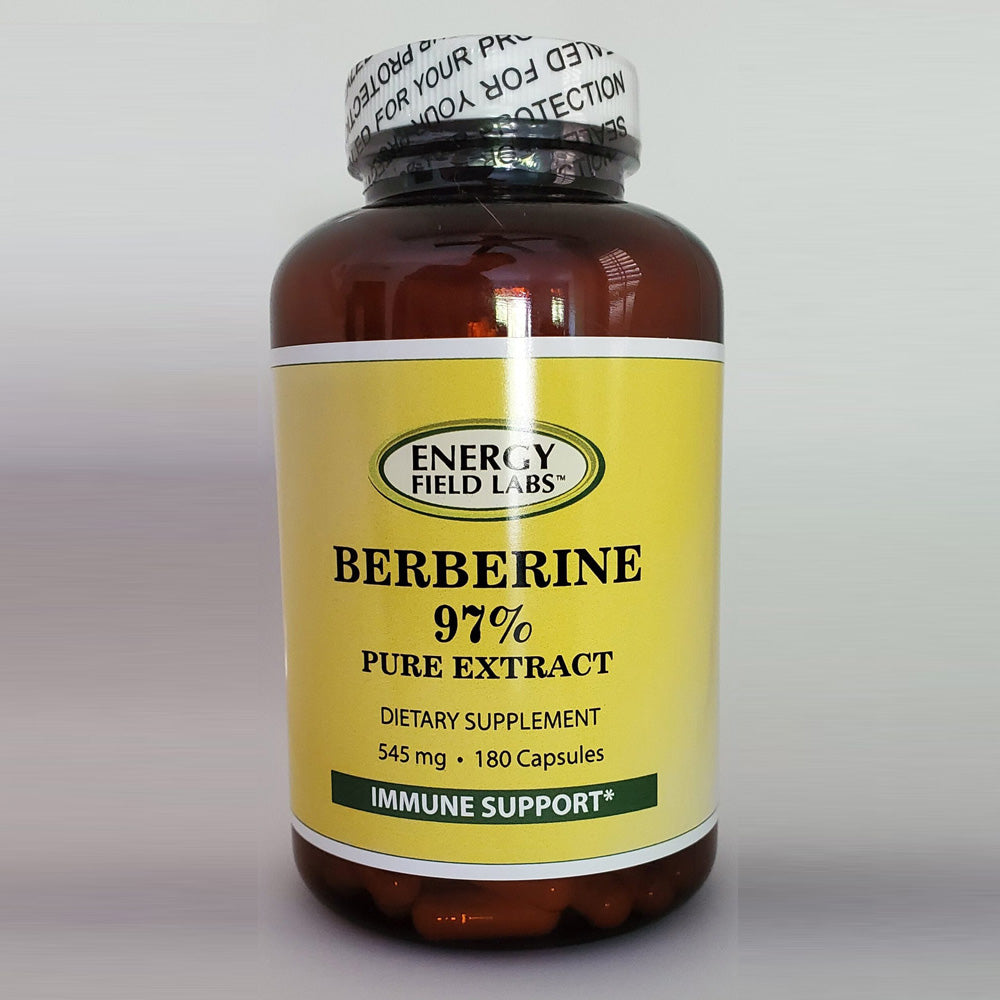by Glen Depke
Aging Process
Excessive production of Cortisol accelerates the Aging Process in the Skin.
Cardiovascular System
Excessive production/release of Cortisol can cause Hypertension.
Immune System
Excessive production/release of Cortisol weakens various aspects of the Immune System:
– Excessive production/release of Cortisol inhibits the body’s production of Antibodies.
– Excessive production/release of Cortisol reduces the number of circulating Lymphocytes.
Metabolism
Excessive levels of Cortisol can cause Fatigue.
Cortisol breaks down Proteins into Amino Acids and converts them to Glycogen in the Liver.
Excessive production of Cortisol can cause Insulin Resistance.
Excessive levels of Cortisol can cause Lethargy.
Excessive levels of Cortisol contribute to the development of Obesity.
Musculoskeletal System
Supraphysiologic quantities of Cortisol decreases the endogenous synthesis of Protein in the Muscles and causes the breakdown (catabolism) of Muscle tissue, thereby inhibiting Muscle Growth.
Excessive production of Cortisol can cause Muscle Injury, Muscle Pain and Muscle Weakness (due to reduced repair of Muscles caused by Cortisol).
Excessive production of Cortisol can cause Osteoporosis (by accelerating bone loss and by inhibiting the repair of Bone).
Nervous System
Excessive Cortisol levels increases the rate of Neuron death in Alzheimer’s Disease patients.
Excessive production of Cortisol is an underlying cause of Cushing’s Syndrome.
Excessive production of Cortisol may cause (initially) Euphoria but this is generally followed by subsequent Depression:
– Many Major Depression patients are found to have elevated (>0.594 ng/ml of saliva) evening Cortisol levels.
Excessive production of Cortisol damages the Hippocampus.
Prolonged exposure to excessive levels of Cortisol interferes with the ability of the Hypothalamus respond to the negative feedback mechanism that permits it to reduce its secretion of Cortisol in response to higher than normal circulating Cortisol levels. This loss of sensitivity in the Hypothalamus is known as Hyperadaptosis.
Excessive Cortisol damages the structure of and interferes with the functions of several regions of the Brain associated with Memory.
Excessive Cortisol can cause the acceleration of the death of Neurons.
Elevated night-time Cortisol levels interrupt entry into Rapid Eye Movement (REM) Sleep (excessive Cortisol can therefore impair the quality of Sleep).
Excessive Cortisol levels are implicated in Seasonal Affective Disorder (SAD) (SAD patients generally exhibit elevated Cortisol levels).
Cortisol is produced and released within the body in response to Stress.
Sexual System
Excessive Cortisol production has been linked to an increased risk for Pre-Menstrual Syndrome (PMS).
Skin
Excessive Cortisol levels inhibit the regeneration and repair of the Skin and excessive Cortisol accelerates the Aging Process in the Skin.
Excessive Cortisol impairs the healing of Wounds and can result in excessive Scarring following Wounds.
Water/Water Balance
Excessive Cortisol levels can cause Edema.
Cortisol (Undesirably) Enhances these Substances
________________________________________
Enzymes
Cortisol stimulates the production of Tryptophan Pyrrolase.
Cortisol Interferes with these Substances
________________________________________
Amino Acids
Cortisol decreases the body’s Glutamine levels:
– Cortisol increases the quantity of Glutamine that is “leached” from Muscle Fibers during and following Intensive Exercise.
Cortisol stimulates the destruction of Tryptophan (via the Tryptophan Pyrrolase enzyme).
Hormones
Elevated Cortisol levels inhibit the production of Testosterone.
Elevated Cortisol levels inhibit the release of Human Growth Hormone (hGH).
Immune System Chemicals
Cortisol inhibits the production of Interleukin 1 (however this aspect of Cortisol is desirable when Interleukin 1 is produced in excessive amounts).
Cortisol inhibits the production of Tumor Necrosis Factor- (this is desirable in some situations and undesirable in other situations).
Proteins
Cortisol decreases the synthesis of Endogenous Proteins.
For a complimentary 20 minute phone session to understand adrenal function, cortisol production and more importantly, what you can do to balance this call (949)954-6226.
Glen Depke, Traditional Naturopath

